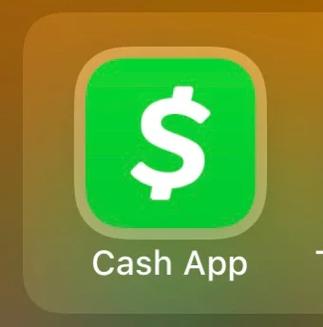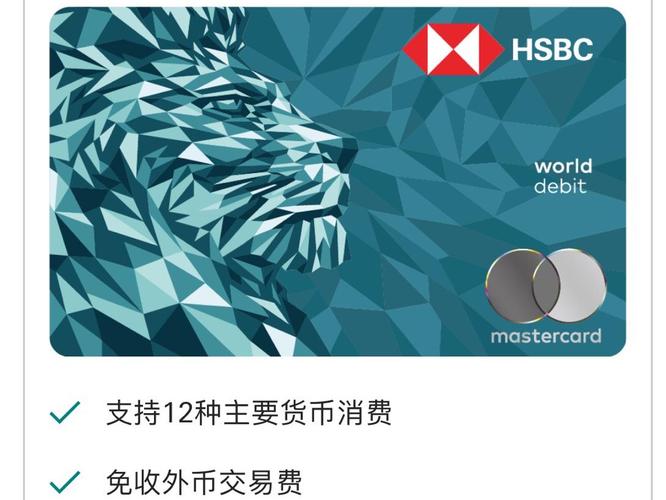CashApp Banking: A Comprehensive Guide for You
CashApp is not just a peer-to-peer payment service; it has evolved into a full-fledged banking platform. If you’re considering using CashApp for your banking needs, you’ve come to the right place. This article will delve into the various aspects of CashApp banking, from its features to its limitations, to help you make an informed decision.
How Does CashApp Banking Work?
CashApp banking is an extension of the popular CashApp payment service. To use CashApp banking, you need to download the CashApp app and create an account. Once you’ve set up your account, you can link a bank account or a debit card to start using the banking features.

Here’s a step-by-step guide on how to get started with CashApp banking:
- Download the CashApp app from the App Store or Google Play Store.
- Open the app and sign up for an account.
- Verify your identity by providing the required documents.
- Link your bank account or debit card to the app.
- Start using the CashApp banking features.
Features of CashApp Banking
CashApp banking offers a range of features that cater to different banking needs. Here are some of the key features:
- Direct Deposit: You can receive your salary, tax refunds, and other payments directly into your CashApp account.
- Spending and Budgeting: The app provides spending and budgeting tools to help you track your expenses and manage your finances better.
- Investing: CashApp allows you to invest in stocks and cryptocurrencies through its CashApp Invest feature.
- Debit Card: You get a CashCard that you can use to make purchases, withdraw cash from ATMs, and get cash back at participating retailers.
- Bill Pay: You can pay your bills directly from the app.
- Peer-to-Peer Payments: You can still send and receive money from friends and family using the CashApp payment service.
Is CashApp Banking Safe?
Security is a major concern for any banking service. CashApp takes several measures to ensure the safety of your funds and personal information:
- Two-Factor Authentication: You need to provide a second form of verification, such as a text message code, to access your account.
- Encryption: CashApp uses encryption to protect your data during transmission.
- Freeze and Lock Features: You can freeze your account or lock your CashCard if you suspect fraudulent activity.
However, it’s important to note that no banking service is completely immune to security threats. Always keep your login credentials secure and be cautious of phishing scams.

What Are the Fees?
CashApp banking has a few fees associated with its services. Here’s a breakdown of the most common fees:
| Service | Fee |
|---|---|
| Direct Deposit | Free |
| Spending and Budgeting | Free |
| Investing | Free to invest, but you’ll pay a fee when you sell your investments. |
| Debit Card | Free |
| Bill Pay | Free |
| Peer-to-Peer Payments | Free |
| ATM Withdrawals | $2.50 per withdrawal |
| Cash Back | Up to 3% cash back on eligible purchases |


